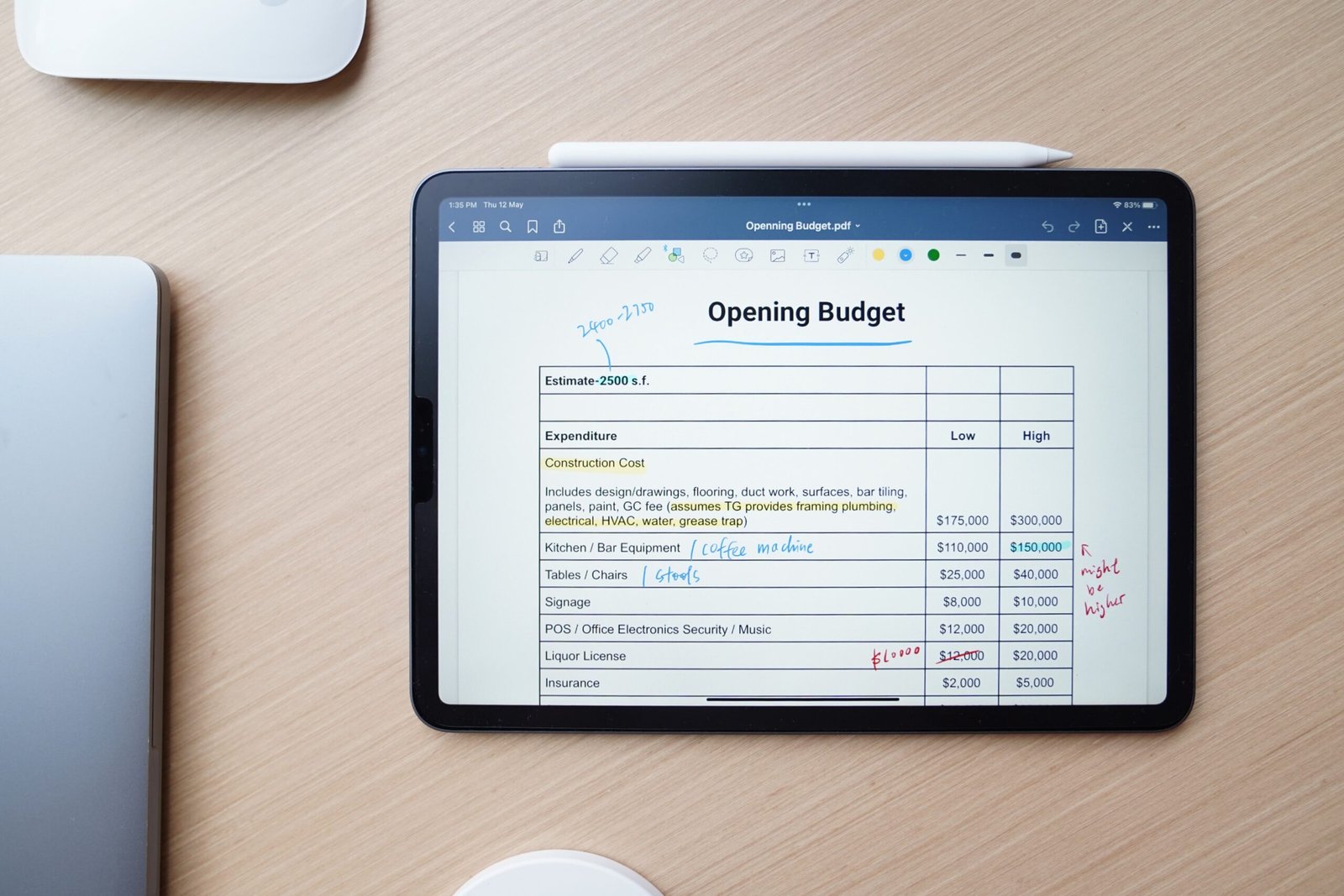Top 10 Ways to Improve Financial Literacy for Young Adults
Financial literacy is a crucial skill that young adults need to navigate the complex world of personal finance. Unfortunately, many young people today lack the necessary knowledge and understanding to make informed financial decisions. In this blog post, we will explore the top 10 ways to improve financial literacy for young adults, providing them with the tools they need to achieve financial success.
1. Start with the Basics
Before diving into complex financial concepts, it’s important to build a solid foundation of knowledge. Begin by understanding basic terms like budgeting, saving, and investing. Learn how to create a budget and track your expenses to gain control over your finances.
2. Educate Yourself
Take advantage of the wealth of information available online and in books about personal finance. Familiarize yourself with different financial products and services, such as credit cards, loans, and insurance. Understanding the pros and cons of each will help you make informed decisions.
3. Set Financial Goals
Having clear financial goals is essential for staying motivated and focused. Whether it’s saving for a down payment on a house, paying off student loans, or starting a retirement fund, set specific goals and create a plan to achieve them. Regularly review and adjust your goals as needed.
4. Develop Good Saving Habits
Saving money is a fundamental aspect of financial literacy. Start by setting aside a portion of your income each month, no matter how small. Automate your savings by setting up automatic transfers to a separate savings account. Over time, these small contributions will add up.
5. Understand Credit and Debt
Credit and debt play a significant role in personal finance. Learn how credit scores work, how to build good credit, and how to manage debt responsibly. Avoid excessive borrowing and understand the long-term consequences of high-interest debt.
6. Invest in Your Future
Investing is an essential part of building wealth over time. Educate yourself on different investment options, such as stocks, bonds, and mutual funds. Consider consulting with a financial advisor to help you make informed investment decisions based on your risk tolerance and goals.
7. Stay Informed about Current Trends
The world of personal finance is constantly evolving. Stay up to date with current trends, news, and regulations that may impact your financial decisions. Follow reputable financial news sources and subscribe to newsletters or podcasts to stay informed.
8. Seek Professional Advice
Don’t hesitate to seek professional advice when needed. Financial advisors can provide guidance tailored to your specific needs and goals. They can help you develop a comprehensive financial plan and provide valuable insights into investment strategies.
9. Learn from Real-Life Examples
Learning from real-life examples can be a powerful way to understand financial concepts. Read biographies or success stories of individuals who have achieved financial success. Analyze their strategies and learn from their mistakes to avoid common pitfalls.
10. Practice Financial Discipline
Financial discipline is crucial for long-term financial success. Avoid impulsive purchases and unnecessary debt. Stick to your budget and regularly review your financial progress. Celebrate milestones along the way to stay motivated and reinforce positive financial habits.
FAQs
Q: How can I improve my credit score?
A: Improving your credit score involves paying bills on time, keeping credit card balances low, and avoiding unnecessary credit applications.
Q: What is the importance of an emergency fund?
A: An emergency fund provides a financial safety net for unexpected expenses and helps prevent reliance on credit cards or loans.
Q: How can I start investing with a limited budget?
A: Consider starting with low-cost index funds or robo-advisors that offer diversified portfolios with low minimum investment requirements.
Tips
– Create a monthly budget and track your expenses to gain control over your finances.
– Automate your savings to ensure consistent contributions.
– Diversify your investments to reduce risk.
– Stay informed about changes in tax laws that may impact your financial decisions.
In conclusion, improving financial literacy is essential for young adults to achieve long-term financial success. By following these top 10 ways, young adults can develop the necessary skills and knowledge to make informed financial decisions, set achievable goals, and build a solid foundation for a secure financial future.
Remember, financial literacy is a lifelong journey. Continuously educate yourself, adapt to changing trends, and seek professional advice when needed. By taking control of your finances now, you can pave the way for a brighter financial future.
For more tips and insights on financial literacy, follow our blog and share this post with others on social media!









